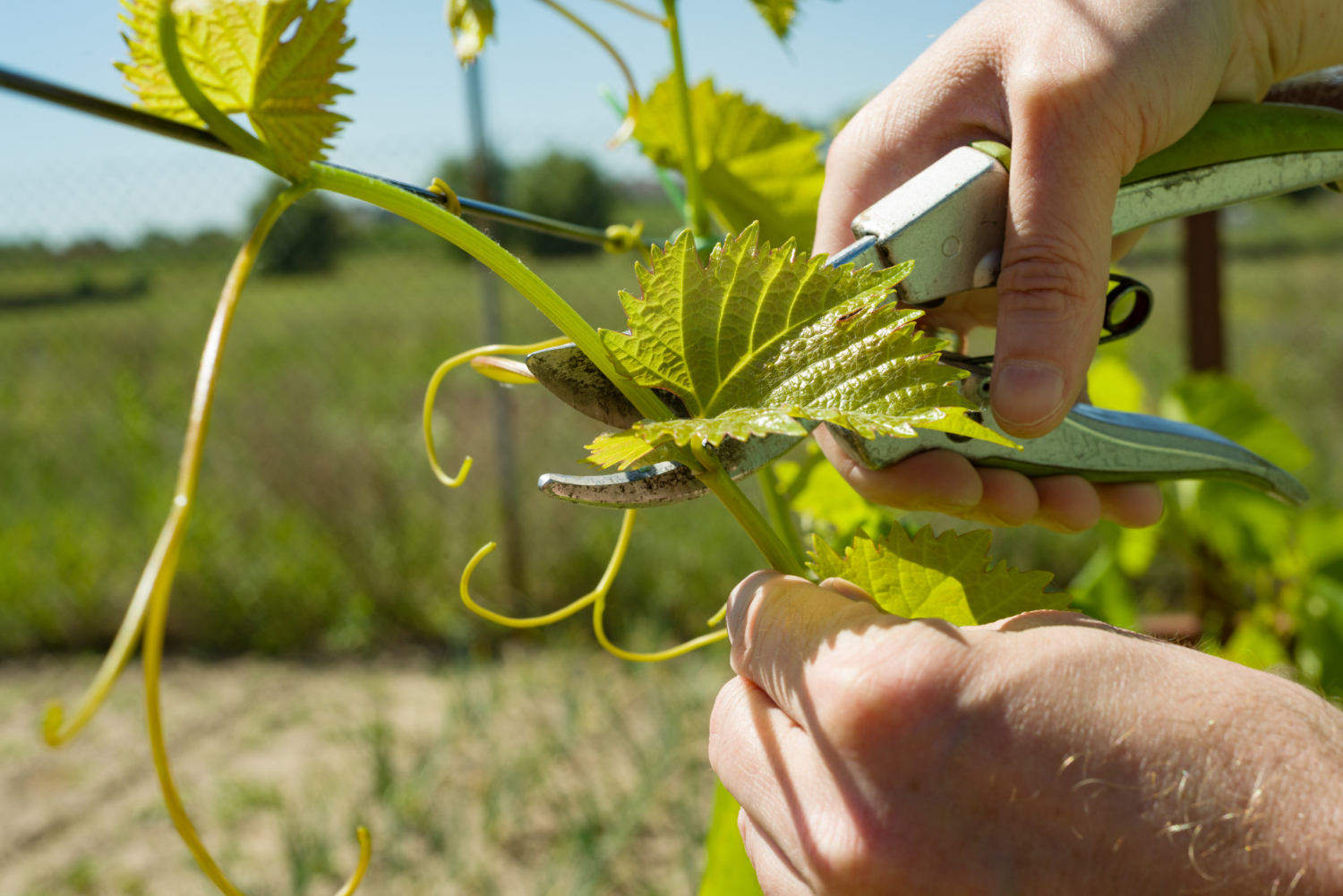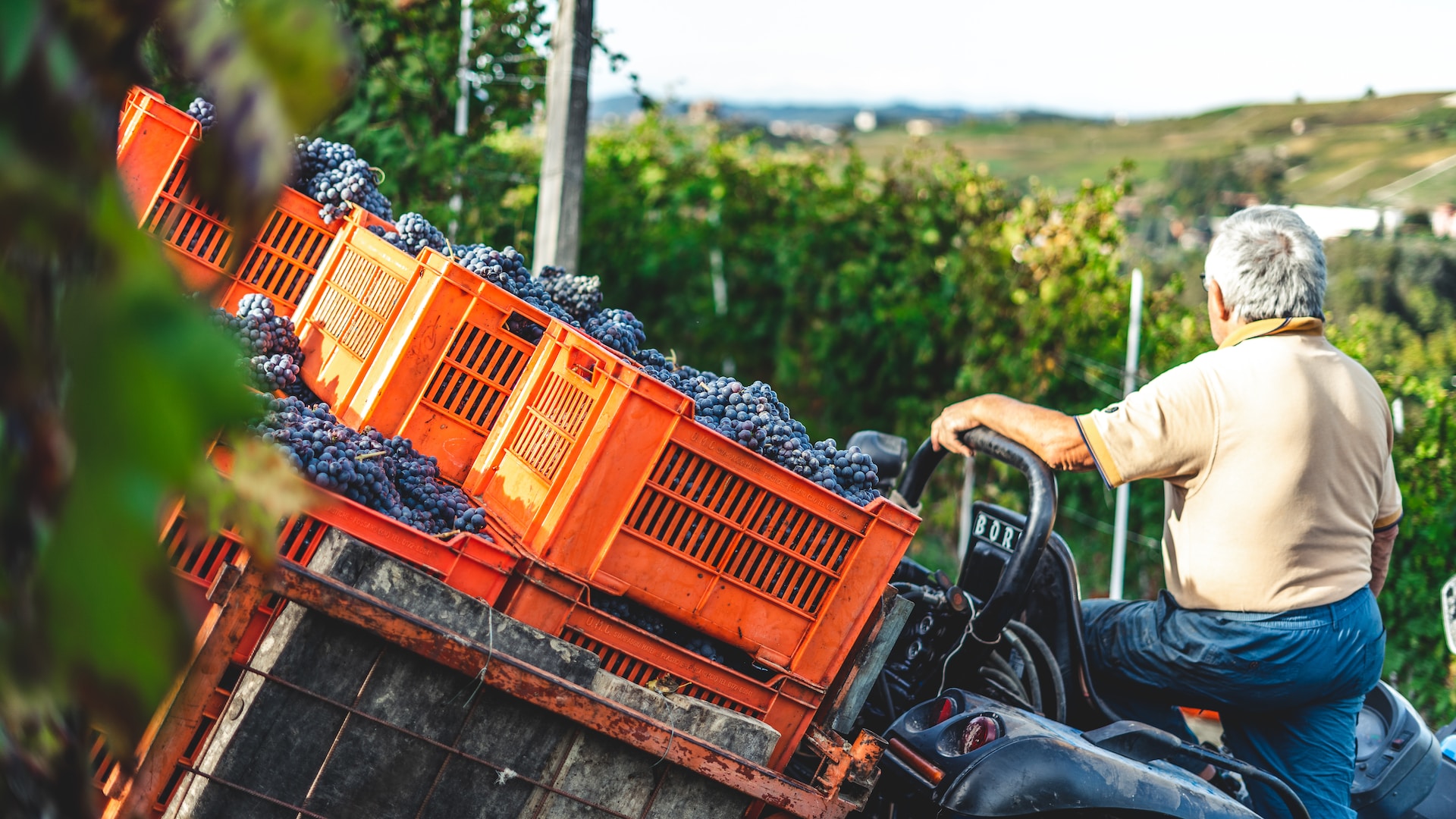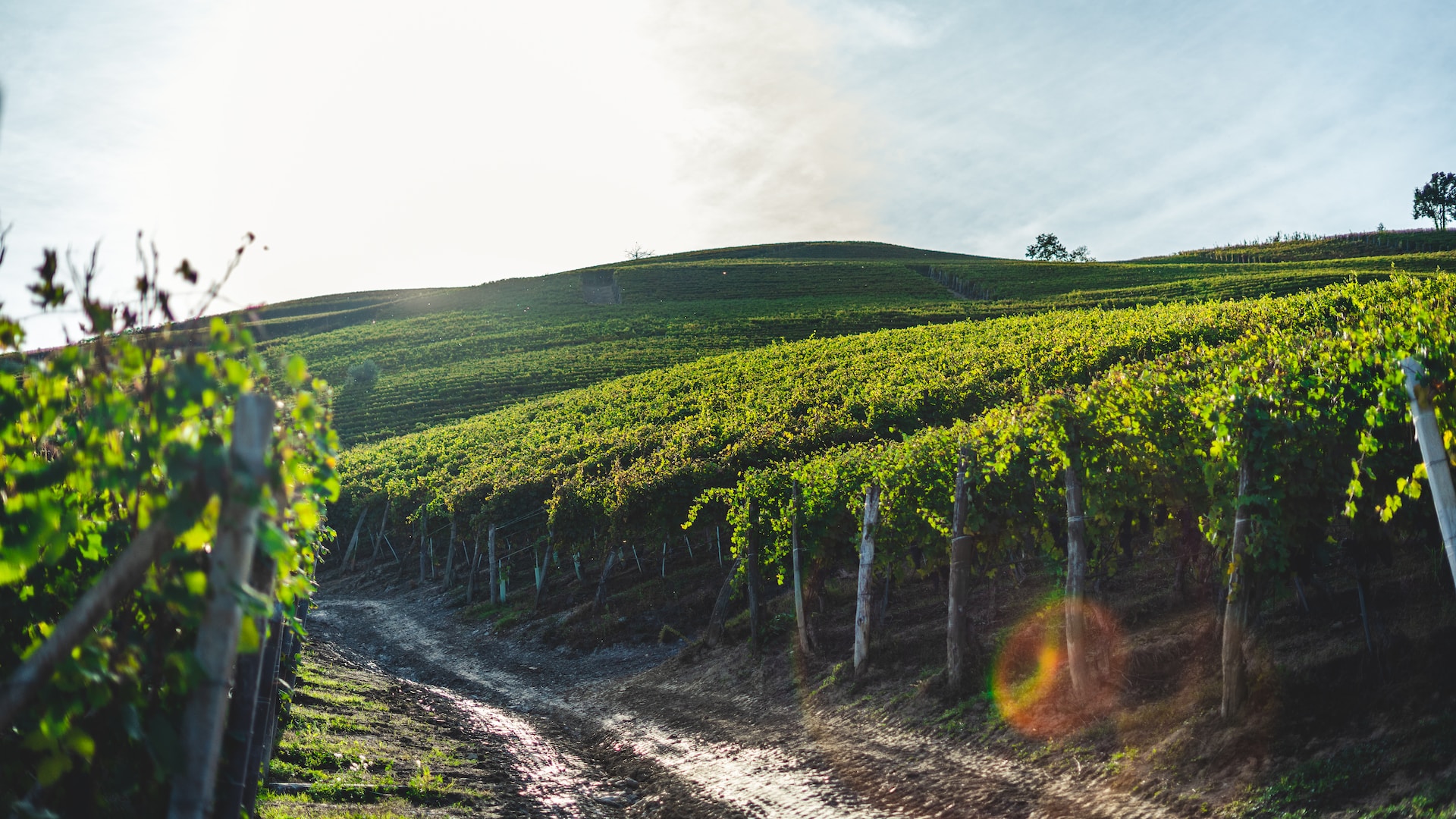Natural biodynamic winemaking is a unique and nature-friendly approach to producing high-quality wines. It is based on specific principles and practices which promote the ecological balance and vitality of the vines.
Biodynamics: harmonious agriculture
Biodynamics is an agricultural practice that goes beyond organic farming by integrating spiritual and cosmic aspects. It is based on the principles of anthroposophy, developed by Rudolf Steiner at the beginning of the 20th century. This approach considers the vine as a living organism in close relationship with its environment. The objective is to create a natural balance between the plant, the soil and the cosmic elements.
Soil preparation: the key to success
Soil preparation is an essential step in natural biodynamic winemaking. It involves cultivating and maintaining living and fertile soil, using specific preparations. These preparations may include organic substances such as compost, herbal teas and minerals. They are designed to stimulate microbial life and promote nutrient balance in the soil.

Viticultural practices: nature as an ally
In biodynamics, viticultural practices are oriented towards respect for nature and the vitality of the vines. Thus, the planting of grape varieties adapted to the terroir and the management of biodiversity are key elements. The vines are pruned in such a way as to promote good air circulation and optimal exposure to the sun. In addition, the use of herbal and mineral preparations helps strengthen the vines’ natural defenses against disease.
Winemaking: a subtle art
During biodynamic winemaking, the objective is to fully express the unique character of each terroir and each grape variety. Interventions are minimized in order to preserve the authenticity of the wine. Fermentations take place spontaneously, thanks to the native yeasts present on the grapes. The addition of chemical additives is avoided as much as possible, thus favoring more natural methods to stabilize and clarify the wine, such as fining based on egg white or bentonite.
Biodynamic certification
To guarantee the authenticity and quality of wines produced biodynamically, there are specific certifications. The best known are the Demeter certification and the Biodyvin certification. These labels certify that the wines have been produced according to the principles and practices of biodynamics. They are issued after a rigorous process of control and audit of the wine estates.
The role of lunar cycles in biodynamics
In the vast world of biodynamics, it is impossible to ignore the impact of lunar cycles on the vine. Indeed, the influence of the moon has been recognized for centuries in many agricultural cultures. In biodynamics, this relationship takes on a particular dimension, associating the cosmos with the cycle of the vine.
Biodynamic winegrowers closely follow the phases of the moon to determine the best time to carry out certain tasks, such as pruning, sowing or even harvesting. The underlying belief is that just as the moon can influence the tides, it can also have an effect on the sap in plants, as well as the behavior of microorganisms in the soil.
Each lunar phase offers unique and beneficial properties. For example, it is commonly accepted that a descending moon is favorable for planting, because it would promote the rooting of plants. Conversely, a waxing moon would be ideal for pruning, as it would encourage growth.
But that’s not all: the positions of the moon in different zodiacal constellations are also taken into account. Each constellation is associated with an element – earth, fire, air, or water – and influences the vine in a specific way. For example, when the moon passes through a water constellation, it is considered an auspicious time for watering or treating diseases.
This study of lunar and zodiacal cycles offers a unique perspective on vine cultivation. It invites us to consider the vineyard not only as a terrestrial ecosystem, but also as an integral part of a larger cosmos, in harmony with the natural forces that surround it.

The taste benefits of biodynamics
Beyond agricultural practices and philosophical principles, what about the taste of biodynamically produced wines? Is this approach actually reflected in the glass? Many wine enthusiasts and professionals argue that biodynamics brings an additional dimension to wines, making them more expressive, vibrant and faithful to their original terroir.
One of the main qualities often attributed to biodynamic wines is their purity. Without the use of chemical additives or interventionist winemaking techniques, wines can more faithfully express the unique characteristics of their terroir. This often results in more distinct and nuanced aromas and flavors, allowing wine lovers to truly “taste” the place the wine comes from.
Another fascinating element is the liveliness of the wines. Some biodynamic winemakers talk about a certain “energy” or “vitality” that we can perceive in their wines, something that makes them more alive on the palate. This could be attributed to better vine health, rich microbial life in the soil, or perhaps those mystical practices linked to lunar and zodiac cycles. Whatever the reason, there is no denying that many biodynamic wines have a palpable presence on the palate that sets them apart.
It is also interesting to note that many biodynamic wines appear to have improved aging capacity. Without the use of additives or aggressive stabilization techniques, these wines can evolve gracefully in the bottle, offering increasing complexity over time. Of course, this will also depend on many other factors, including grape variety, vintage and storage conditions.












